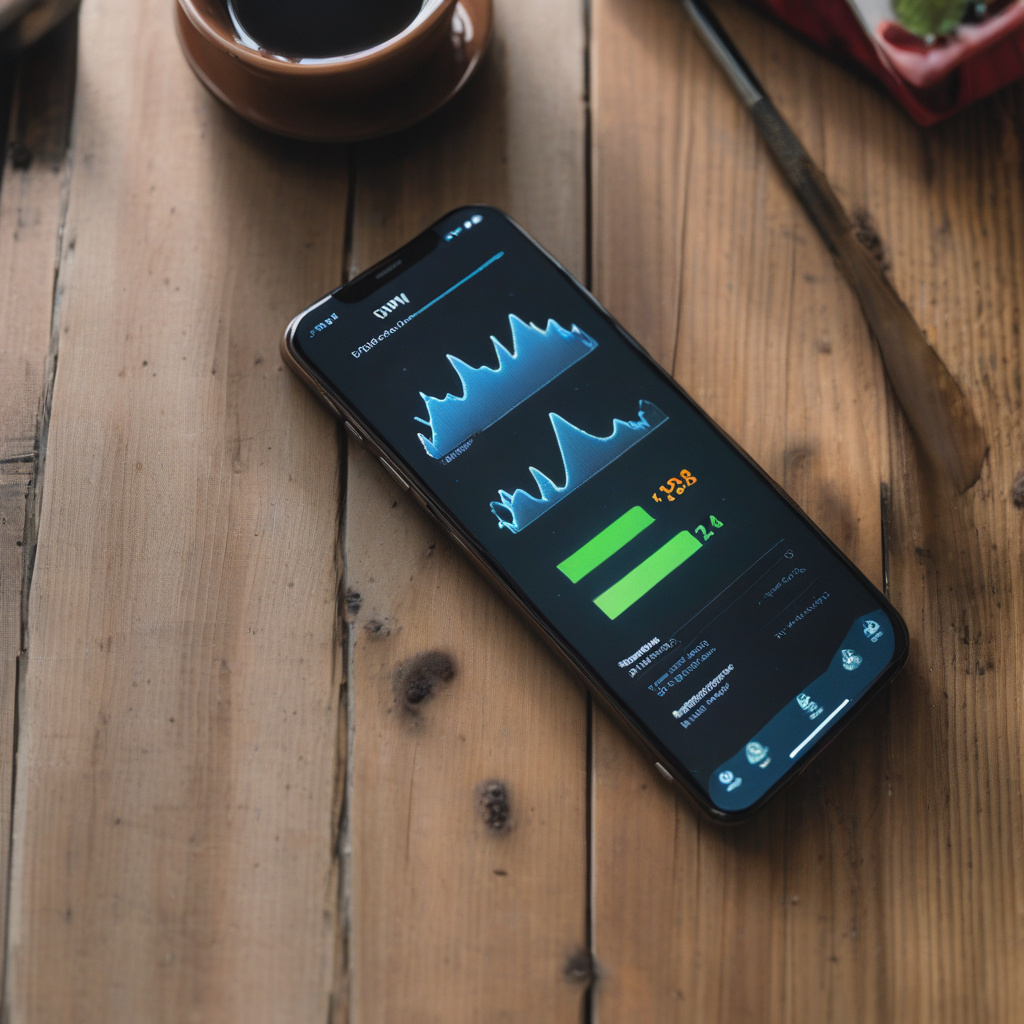In today’s world, cyberthreats are more prominent than ever, and people are constantly looking for a way to enhance their online security and privacy. One popular solution that has gained widespread adoption is the use of Virtual Private Networks (VPNs). VPNs create a secure connection between a user and the internet, encrypting data and masking the user’s IP address. While VPNs offer numerous benefits, such as enhanced security and the ability to bypass geo-restrictions, they can also have an impact on the battery life of mobile devices.
When a VPN is active on a mobile device, it requires additional processing power and data transmission to encrypt and decrypt internet traffic. This increased workload can lead to higher energy consumption, ultimately draining the device’s battery at a faster rate. The encryption and decryption processes that VPNs perform continuously can put a strain on the device’s resources, causing it to work harder and consume more power.
Moreover, the constant data encryption and decryption that VPNs engage in can also result in increased data usage, further contributing to battery drain. Since VPNs reroute internet traffic through their servers, it may take longer for data to travel back and forth, leading to more data being consumed than usual. This additional data processing can have a direct impact on the device’s battery life, as more energy is required to handle the increased workload.
Another factor to consider is the impact of server distance on battery life. When using a VPN, the distance between the user and the VPN server can affect the speed of data transmission. If the VPN server is located far away, it may take longer for data to travel back and forth, leading to increased energy consumption as the device works harder to maintain a stable connection.
To mitigate the impact of VPNs on battery life, users can take certain steps to optimize their device settings. One approach is to select a VPN server that is geographically closer to the user, reducing the distance data needs to travel and potentially improving energy efficiency. Additionally, users can disable the VPN when it is not needed to conserve battery life, only activating it when accessing sensitive information or when connected to public Wi-Fi networks.
In conclusion, while VPNs are valuable tools for enhancing online security and privacy, they can have an impact on the battery life of mobile devices. By understanding the factors that contribute to this impact and implementing optimization strategies, users can strike a balance between security and battery efficiency. Ultimately, being mindful of how VPN usage affects battery life can help users make informed decisions when it comes to safeguarding their online activities.

